Many economists believe legalizing drugs will help the government, but there are also risks involved. For example, the increased sales and consumption of these drugs will increase the amount of money that governments will owe to the federal government in the long run. Moreover, many economists believe that the legalization of marijuana and other recreational drugs will result in increased gun violence and criminal gangs. If the government fails to enforce laws against drug use, these consequences may worsen the health situation for some people.
One benefit of legalizing drugs is that it will eliminate criminal activity.
This is because the criminal laws against these substances would not be enforced anymore. Decriminalization would also increase the cost of addiction treatment and the infrastructure supporting it. More counselors and facilities would be needed, which would cost more money than what the government currently spends on treatment. And there is no guarantee that legalization will eliminate drug cartels and criminal activity, so there are still downsides to consider.
The benefits of legalization outweigh the disadvantages. Medicalization means that drug makers have to undergo extensive testing before they can sell them. This ensures the safety of the medicine, which means that there will be fewer side effects. However, legalization does not eliminate the problems associated with illegal drug use. In addition, decriminalization is only one form of legalization. A more comprehensive approach is necessary to reduce the economic and social costs of crime.


